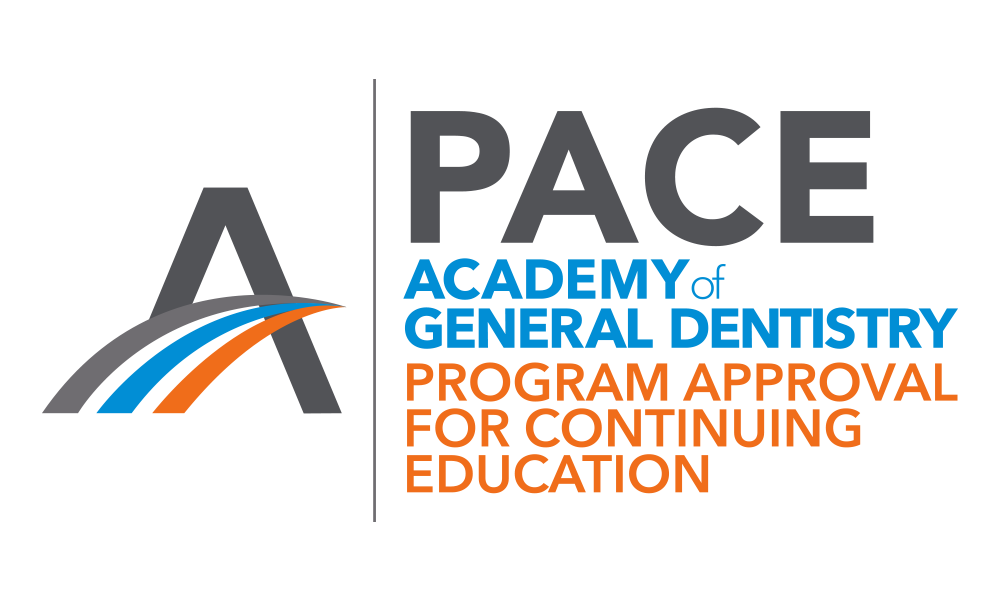During pregnancy, hormonal changes may cause your gums to become more sensitive, swollen, and red. This is known as pregnancy gingivitis, or gum disease. Between the third and ninth months of pregnancy, you may experience “pregnancy gingivitis.” Pregnancy gingivitis occurs when your gums become swollen, red, or inflamed because of bacteria along your gum line. Your gums are more sensitive because your estrogen and progesterone levels have increased during pregnancy.
Due to morning sickness, your teeth may be exposed to stomach acid and become demineralized. As a result, your teeth are more susceptible to decay and erosion.
If left untreated, gingivitis can progress to more serious periodontal (gum and bone) disease.
It is possible that poor dental health could affect your developing baby. According to research, there may be a link between periodontal disease and low birth weight or preterm birth. These babies are more likely to have developmental problems, asthma, and ear infections, and may even have a higher risk of infant death.
Our periodontist office recommends an appointment with your dentist to have your teeth cleaned and examined every 3 months during your pregnancy.
What can I do to keep my teeth and gums healthy?
Many factors can affect your teeth, including what you eat and drink, how often you eat and drink, how long food remains on your teeth, and the amount of plaque that remains. Plaque is a sticky film that contains bacteria.
Keep your teeth and gums healthy by:
- Brush your teeth twice a day with toothpaste that contains fluoride.
- Keep plaque away from the gum line by cleaning carefully.
- Every night, floss your teeth before you go to bed.
- Drink water between meals and snacks. Reduce your intake of sweet beverages.
- When you brush your teeth after meals and snacks, if this is not possible, rinse your mouth with water or a fluoride mouthwash.
- Limit sweet foods and foods that stick to your teeth. Whenever you eat a sweet, try to eat it around a meal.
Researchers have shown that pregnant mothers who suffer from periodontal disease expose their unborn children to a variety of health risks, particularly if they also suffer from diabetes.
Periodontal disease generally begins with a bacterial infection in the gum (gingiva) tissue, which progressively destroys the tissue and underlying bone. When left untreated, the bacterial infection causes an inflammatory reaction in the body, which can deepen gum pockets (the space between the teeth and gums) and cause the gums and jawbone to recede. The teeth become loose and unstable when periodontal disease progresses and eventually fall out.
An expectant mother is more likely to suffer from gingivitis (inflammation of the gum tissue) and periodontal disease due to hormonal changes during pregnancy. Many research studies have linked oral problems to preeclampsia, low birth weight, and premature birth. To reduce the risk of prenatal and postnatal complications, expectant women should seek immediate treatment for periodontal disease.
Why is there a connection?
The following are some reasons why periodontal disease can affect the health of a pregnant woman and her unborn child:
- Mothers who suffer from more advanced forms of periodontal disease seem to have higher levels of prostaglandin. One of the oral bacteria strains associated with periodontitis is found in prostaglandin, a labor-inducing compound. As a result of elevated prostaglandin levels, a mother may give birth prematurely and deliver a baby with low birth weight.
- C-reactive protein (CRP): Previously associated with heart disease, this protein is now associated with adverse pregnancy outcomes, including preeclampsia and premature birth. Periodontal infections increase the body’s natural inflammatory response and elevate C-reactive protein levels. Bacteria from periodontal plaque may enter the bloodstream, causing the liver to produce CRP. This can lead to inflamed arteries and blood clots. Eventually, these inflammatory effects can lead to blocked arteries, resulting in strokes or heart attacks.
- Spread of bacteria: The bacteria in gum pockets can easily travel through the bloodstream and affect other areas of the body. Research has found that oral bacteria and associated pathogens have colonized pregnant women’s internal mammary glands and coronary arteries.
There are many non-surgical treatment options available for pregnant women. To increase the chances of a healthy and safe delivery, it is vital to stop periodontal disease from progressing.
Treatment reduces the chances of pregnancy complications caused by periodontal disease by as much as 50%, and it eases many of the unpleasant and harmful effects caused by gingivitis and periodontal infection.
Our periodontist can provide education about effective home care for pregnant women and reduce the risk of adverse effects for her and/or her child. Proper home care, dietary changes, and supplemental vitamins can greatly reduce the risks of periodontal disease. To schedule a consultation appointment, please contact our periodontist office.











